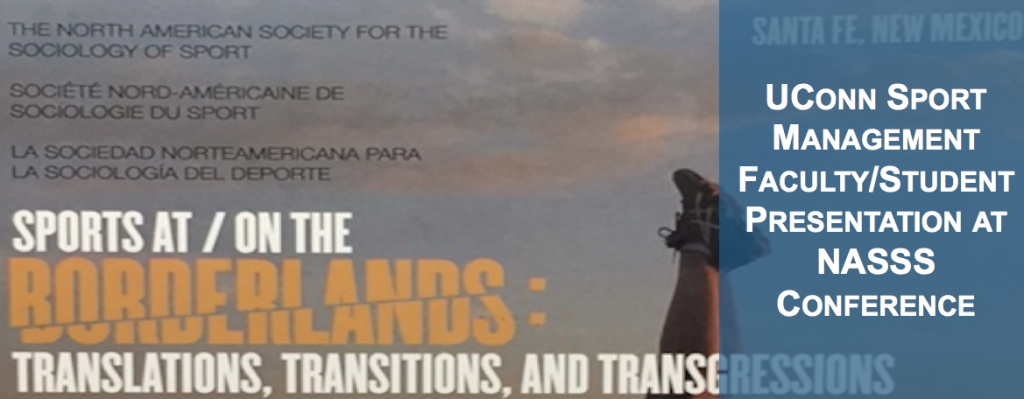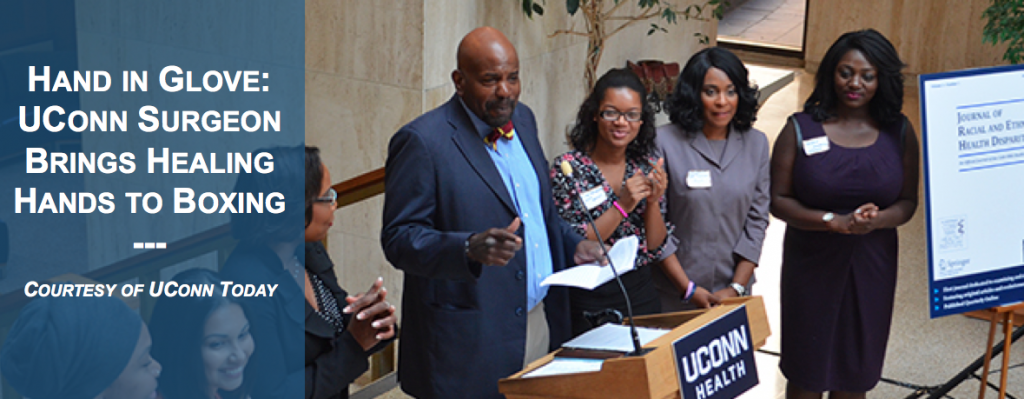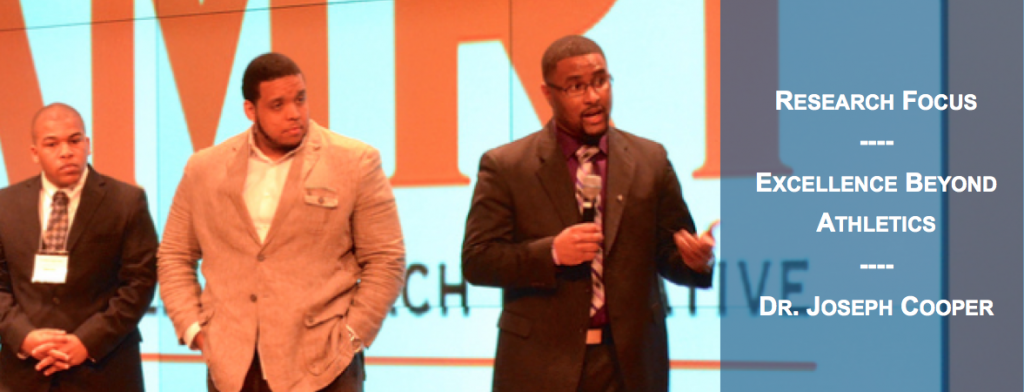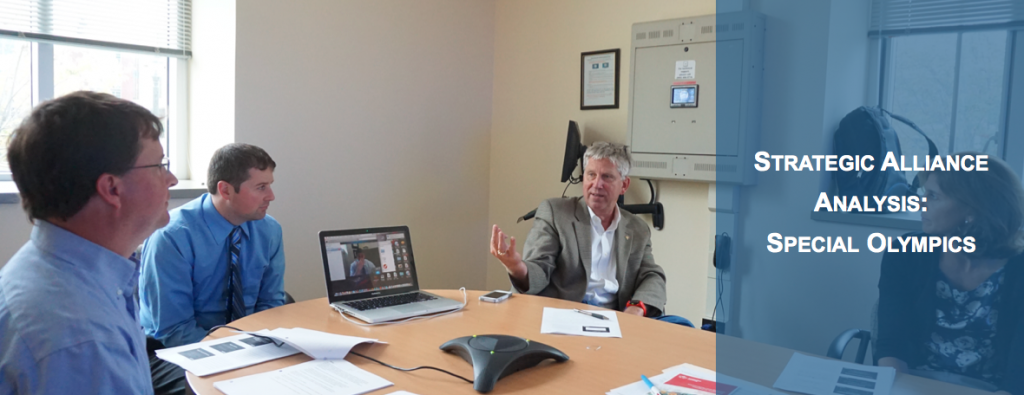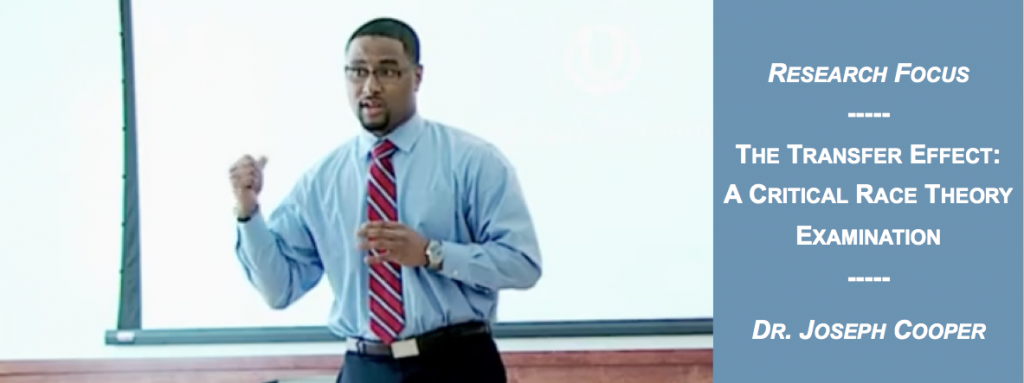UConn Sport Management Faculty/Student Presentation at NASSS Conference
The North American Society for the Sociology of Sport holds an annual conference in varying locations. This year the conference was a held in the delightful town of Santa Fe and took the thematic approach of Sports at / on the Borderlands: Translations, Transitions, and Transgressions. From November 4th through the 7th sport sociologists gathered to share ideas, see old friends, and make new connections. Every year the conference plays host to a number of young scholars and well-seasoned faculty members to congregate and share ideas ranging from Environmental, racial, gender, youth, violence, current events, and new / old media the conference provides something of interest for everyone.
Representing from the University of Connecticut’s Sport Management program we had Dr. Joseph Cooper and first year masters student Charles Macaulay. Charles and Dr. Cooper collaborated and presented a piece discussing the challenges and processes researchers face and should use when working with racially similar and dissimilar ethnic groups. Using poststructuralist theory to examine the socially constructed nature of racial identities we posed an approach for disengaging institutionally imposed racial identities with the hopes of providing participants an opportunity to articulate their own identities in academic research.
In addition, Dr. Cooper presented two pieces discussing the prominence and downfall of the Negro Leagues and gave a presentation on Collective Uplift. Every presentation was well attended and received ensuring UConn was once again well represented. Hopefully in the coming years we can increase our presence at NASSS as it is a wonderful opportunity to expand networks and share ideas that are pertinent across the athletic world.
